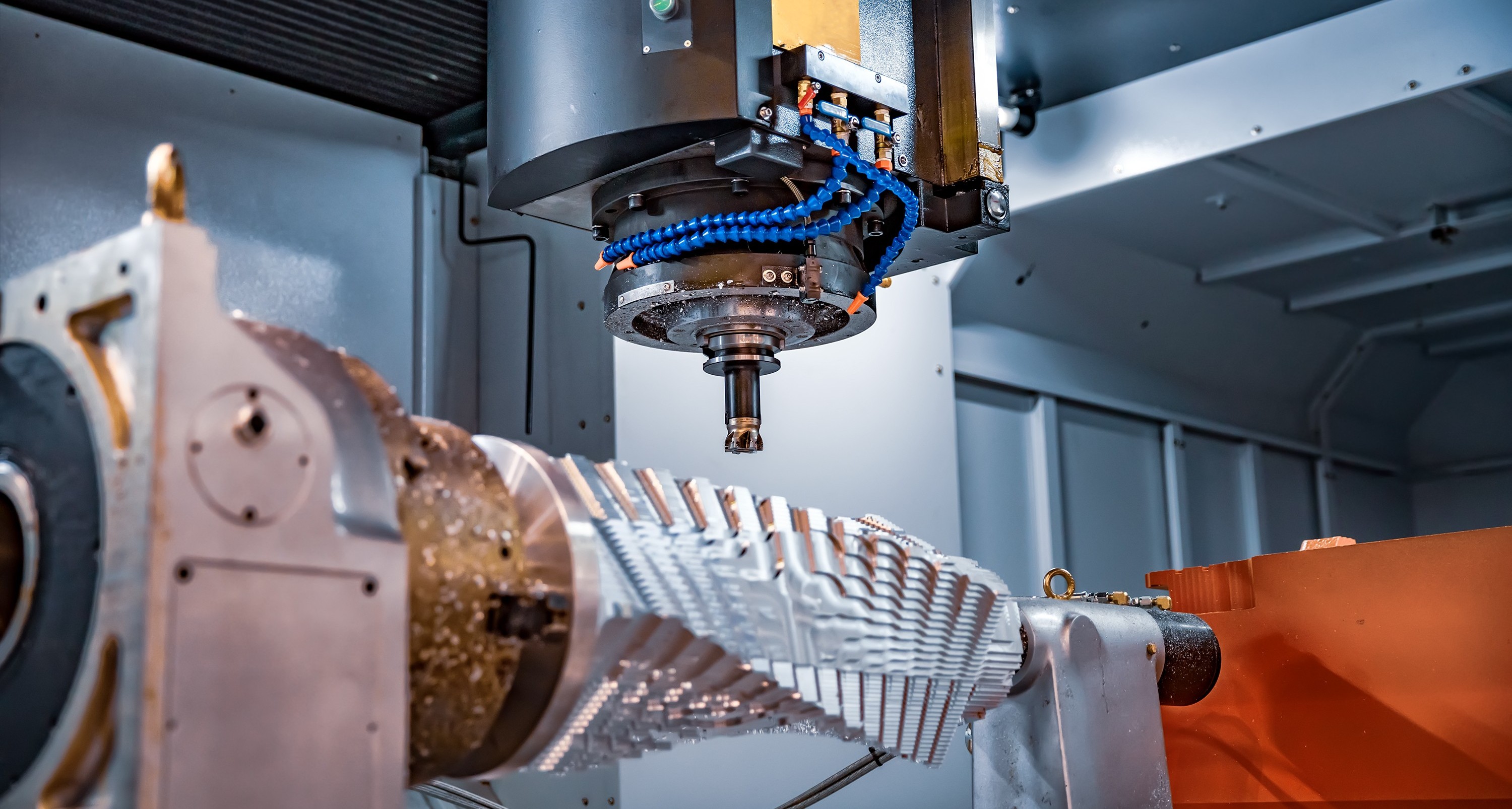Automation in machining workshops has ceased to be a futuristic option and has become a strategic necessity. In recent years, the integration of robots and intelligent systems has allowed workshops to optimize their processes, improve precision, increase production capacity, and, above all, reduce costs in an increasingly demanding environment. These technologies are increasingly integrated into digital tools such as software for machining workshops, which expand the possibilities for efficient management from the technical office to the production area
This advancement addresses two major challenges: the shortage of skilled labor and the growing demand for personalized products with increasingly tight delivery times
The Role of Robotics in CNC Machining
Robotics has revolutionized CNC machining by taking over repetitive, dangerous, or low-value tasks, allowing operators to focus on more technical and strategic functions.Industrial robots have been pioneers in this transformation, and more recently,collaborative robots, or cobots, are gaining ground due to their ability to interact with people safely and flexibly.
Some of the most common applications of robotics in machining workshops include automatic loading and unloading of CNC machines, polishing and deburring of parts, and automated quality inspection using machine vision. In all these cases, robots not only increase efficiency but also ensure greater repeatability and significantly reduce human errors.
Intelligent Systems for Connected Production
Automation is not limited to the physical realm.Intelligent systems are redefining how workshops manage production, analyze data, and make decisions. Thanks to artificial intelligence, the Internet of Things (IoT), and real-time analytics, it is possible to anticipate problems, optimize resources, and improve traceability.
One of the most significant advancements is predictive maintenance. Through sensors installed on machines and the analysis of their operating data, workshops can foresee failures before they occur, schedule planned downtimes, and prevent unexpected outages. This results in a considerable reduction in repair costs and increased equipment availability.
Another growing area is automatic machining programming, which allows for the generation of optimal tool paths, minimizing wear and maximizing performance. In addition,MES(Manufacturing Execution Systems) enable comprehensive production management by connecting people, machines, and processes in a digital network that improves operational efficiency and facilitates decision-making.
Concrete Benefits of Automation in Workshops
The integration of these technologies in machining workshops brings concrete and measurable benefits. First, productivity increases significantly by reducing downtime and enabling operations in extended shifts without human intervention. Second, the reduction of errors and material waste helps to lower operational costs.
Automation also ensures greater precision in manufacturing, thanks to systems capable of repeating tasks with consistent accuracy. In addition, it provides flexibility to production, allowing quick adaptation to custom orders or changes in specifications. Finally, from a human perspective, it enhances workplace safety by preventing operators from having to perform dangerous or repetitive tasks.
Challenges to Overcome and Future Prospects
Despite its many advantages,automation in machining workshops also presents certain challenges. The initial investment in equipment and intelligent systems can be significant, especially for small and medium-sized enterprises. Additionally, there is a need for specialized training to ensure proper implementation and utilization of the technologies.
However, the future is promising. The convergence of robotics, artificial intelligence, and IoT will enable levels of efficiency, traceability, and customization that until recently seemed unattainable. Workshops that adopt these technologies will be better positioned to compete in a globalized and ever-changing market.
Fabriqer: automatización en la fase de presupuestado
In this context of comprehensive automation, it is also necessary to look at the phases prior to production, such as the quoting phase. Often, workshops waste valuable hours preparing quotes manually, checking prices, reviewing plans, and generating documents without a unified tool.
Here is where Fabriqer comes into play, a software developed specifically for machining workshops. Fabriqer is designed for the automation of machining quotes.
This SaaS solution for machining enables automatic quoting of machined parts, without errors and with speed. Its use represents a competitive advantage over those still relying on spreadsheets or manual processes. As machining quoting software, it also integrates a history of prices and parts, and is tailored to workshops seeking CNC online quoting solutions. Ultimately, it is software for machining companies that want to align with the demands of the current industrial landscape, focusing on efficiency, digitalization, and sustainable growth.
With solutions like Fabriqer,automation is no longer exclusive to large plants. Small and medium-sized workshops can also begin to transform their commercial and technical management to gain time, precision, and competitiveness from the very first click.



.jpg)
.jpg)